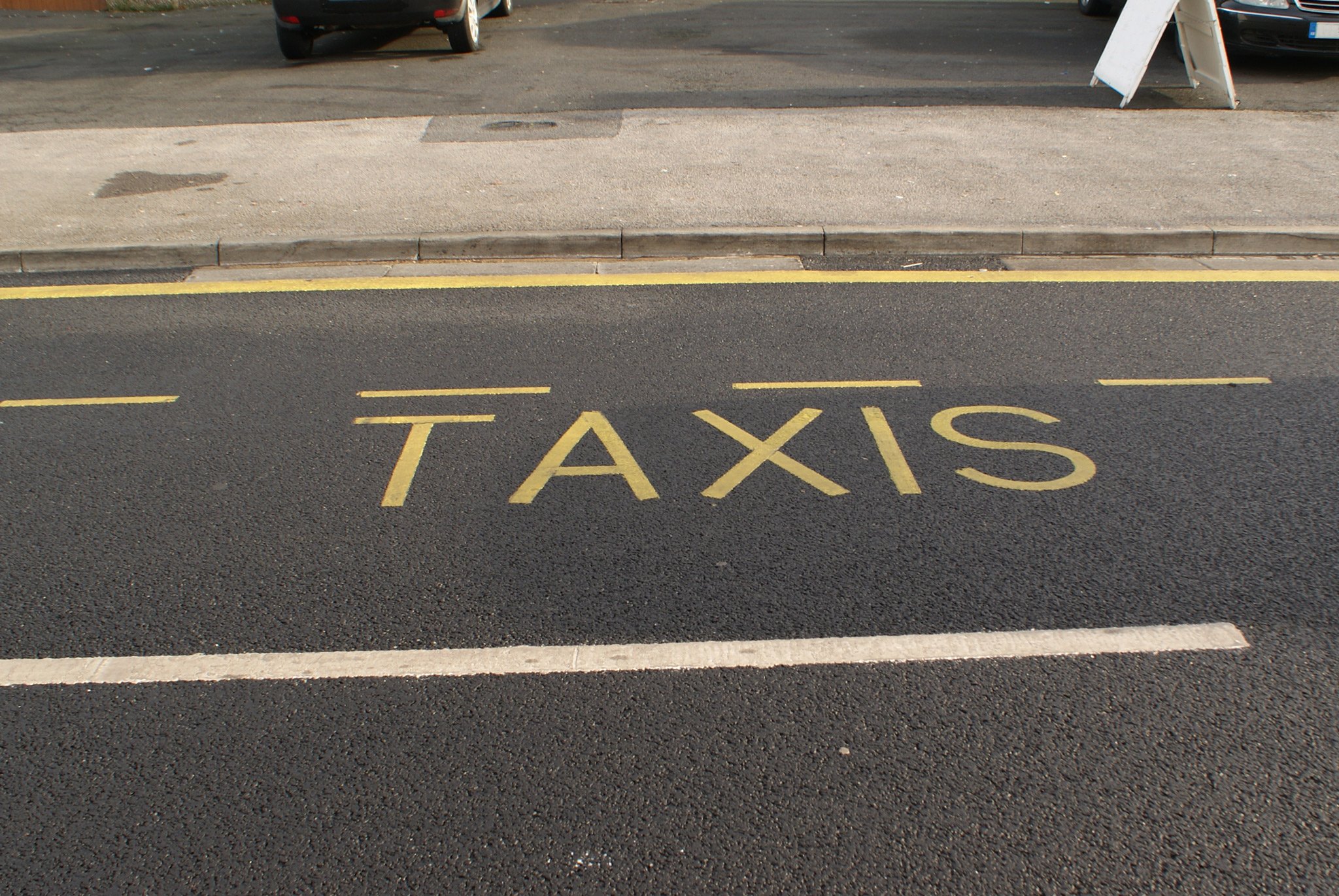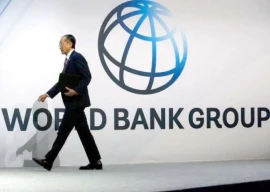
A majority of economic sectors in Pakistan, reeling from the impact of the Covid-19 pandemic, are struggling to recover to pre-crisis levels and ride-hailing apps are no exception.
Companies in the sector have continued to hit a snag, which is inhibiting their operational efficiencies.
In Pakistan, according to industry players, the ride-hailing services have matured to an extent where the existing and new entrants feel comfortable to expand their portfolio to low-cost transportation solutions such as motorbikes and auto rickshaws.
Industry pioneers have incorporated cheap modes of transportation into their applications. Apart from these, the country has witnessed the launch of several other startups specialising in ride-hailing services and cheap transportation modes.
However, all such companies are facing similar issues, the most common one being the shortage of drivers.
“Many drivers around the globe are choosing not to return to ride-hailing and delivery platforms primarily due to Covid concerns but the case of Pakistan is different,” said Uber Pakistan General Manager Shahid Khan.
In an interview with The Express Tribune, Khan said that shortage of drivers in Pakistan’s ride-hailing ecosystem was being experienced on the back of macroeconomic factors.
He elaborated that soaring inflation, skyrocketing car prices and surging fuel costs were discouraging people from opting to work for ride-hailing companies.
“All these factors coupled with the economic shock suffered by Pakistan due to the pandemic have impacted the recovery of ride-hailing industry,” he said. “The country’s economy is highly sensitive to external shocks and we are devising ways to mitigate this.”
New driver onboarding policies, additional bonuses, medical insurance and Covid-specific safety features are some of the incentives being introduced by companies in the sector to tackle the challenges and motivate people to work for the industry.
Khan added that his firm enhanced technological innovation during the pandemic to offer additional safety checks in line with global trends and to deal with the challenges posed by the Covid-19 malady.
“When the economic environment turns tense, it becomes necessary to decrease the burden on riders and launch low-cost mobility solutions to aid customers in a fluctuating market,” the general manager said.
He stressed that during turbulent economic conditions, the expectations of riders remained high while the overall spending power decreased.
He called Pakistan a viable but complicated market where a massive potential awaited exploitation, especially in low-end services.
“Our intention is not to expand into multiple tech solutions but to specialise in ride-hailing field in Pakistan and introduce everyday mobility solutions for customers,” he said.
Talking about the governance and policies, Khan stated that in the past, the firm had worked with the country’s leadership to tackle challenges.
Published in The Express Tribune, December 18th, 2021.
Like Business on Facebook, follow @TribuneBiz on Twitter to stay informed and join in the conversation.


1732020599-0/BeFunky-collage-(73)1732020599-0-165x106.webp)
1731926127-0/zayn-(1)1731926127-0-165x106.webp)
1732018399-0/BeFunky-collage-(72)1732018399-0-165x106.webp)













COMMENTS
Comments are moderated and generally will be posted if they are on-topic and not abusive.
For more information, please see our Comments FAQ